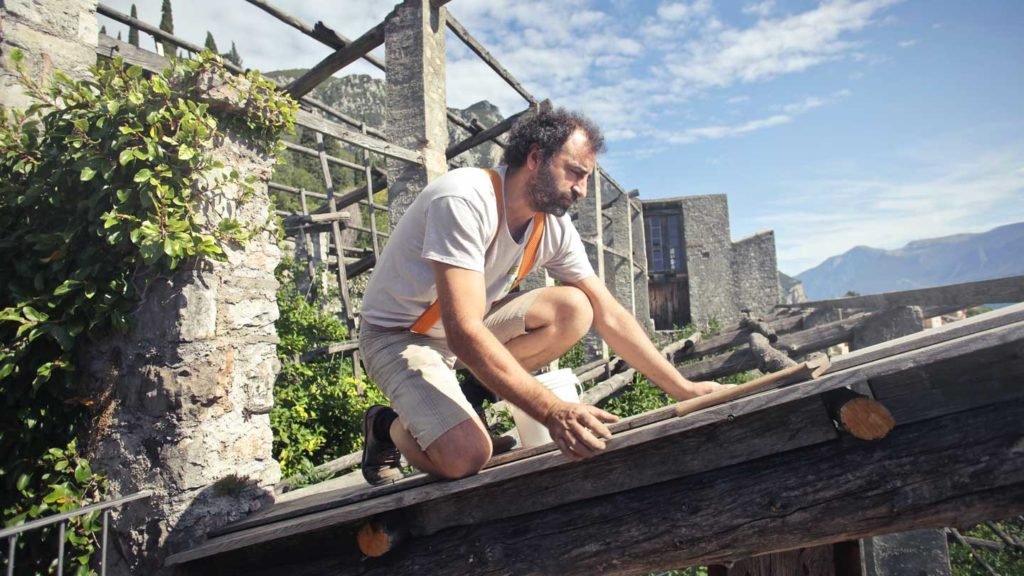When it comes to commercial roofing, choosing the right system is crucial for the success and longevity of your business. The roof is a protective layer over your commercial property and in energy efficiency, insulation, and overall aesthetics.
With numerous options available in the market, making an informed decision becomes paramount. This article will explore five essential factors when choosing the right commercial roofing system for your business. Continue reading before you look for building repair near me.
Understanding Your Business Needs
Assessing your business needs is essential before diving into the different roofing systems. Each industry has unique requirements, and your commercial roofing should align with those needs.
Consider the nature of your business and the type of building structure you have. For example, a warehouse may require a roofing system to handle heavy foot traffic and potential equipment installations, such as HVAC units.
On the other hand, a retail store might prioritize an aesthetically pleasing roof that enhances the overall customer experience. Consider your area’s environmental conditions, such as high winds or extreme temperatures.
Assessing Durability and Longevity
Durability is a crucial consideration for commercial roofing. Your roof should withstand the test of time and endure various weather conditions. Different roofing materials offer varying levels of durability and longevity.
For instance, metal roofs are known for their exceptional longevity and resistance against elements like wind, hail, and fire. They are famous in warehouses and industrial facilities for their strength and durability.
On the other hand, single-ply membranes, such as TPO or EPDM, provide excellent resistance against UV rays and chemicals, making them suitable for commercial buildings exposed to harsh weather conditions.
Energy Efficiency and Sustainability
In today’s environmentally conscious world, energy efficiency and sustainability have become crucial factors in commercial roofing choices. A well-insulated roof can significantly reduce energy costs by minimizing heat transfer and providing better temperature control.
Consider different roofing systems’ thermal resistance (R-value), which indicates their insulation properties. For example, spray foam roofing systems offer excellent insulation and can provide a seamless, energy-efficient solution.
Additionally, look for cool roofs which use reflective materials to reduce heat absorption and lower cooling demands. Cool roofs help mitigate the heat island effect, especially in urban areas. Another sustainable option is a green roof, which incorporates vegetation to provide natural insulation, improve air quality, and manage stormwater runoff.
Maintenance and Repairs
Regular maintenance and prompt repairs are essential for the longevity and functionality of any commercial roofing system. Before deciding, evaluating the maintenance requirements of different roofing systems is essential. Some materials may require frequent inspections, cleaning, or upkeep, while others are relatively low maintenance.
Consider factors such as the ease of inspection access and the availability of qualified contractors, like building repair near me, experienced in the selected roofing system. Look into the maintenance recommendations from the manufacturer and inquire about the local support and expertise available for the chosen roofing system.
By opting for a roofing system that aligns with your maintenance capabilities, you ensure that you can adequately care for your roof, detect potential issues early on, and extend its lifespan.
Budget and Return on Investment
Lastly, budget considerations play a significant role in the decision-making process. Commercial roofing systems vary in cost, and balancing your budgetary constraints with long-term benefits is essential.
On the other hand, investing in higher-quality materials may have a higher upfront cost but can provide better durability and longevity, leading to cost savings in the long run.
Look for products with reputable manufacturers that offer warranties to ensure protection against any unforeseen issues. By choosing a roofing system that balances upfront costs and long-term value, you can make a financially wise decision for your business.
Conclusion
Choosing the right commercial roofing system for your business requires careful consideration of various factors. With the right roofing system in place, you can ensure a secure, energy-efficient, and visually appealing commercial property that supports the success and growth of your business.
You can make an informed decision by understanding your business needs, assessing durability and longevity, evaluating energy efficiency and sustainability, considering maintenance requirements, balancing your budget, and adhering to local building codes and regulations.

